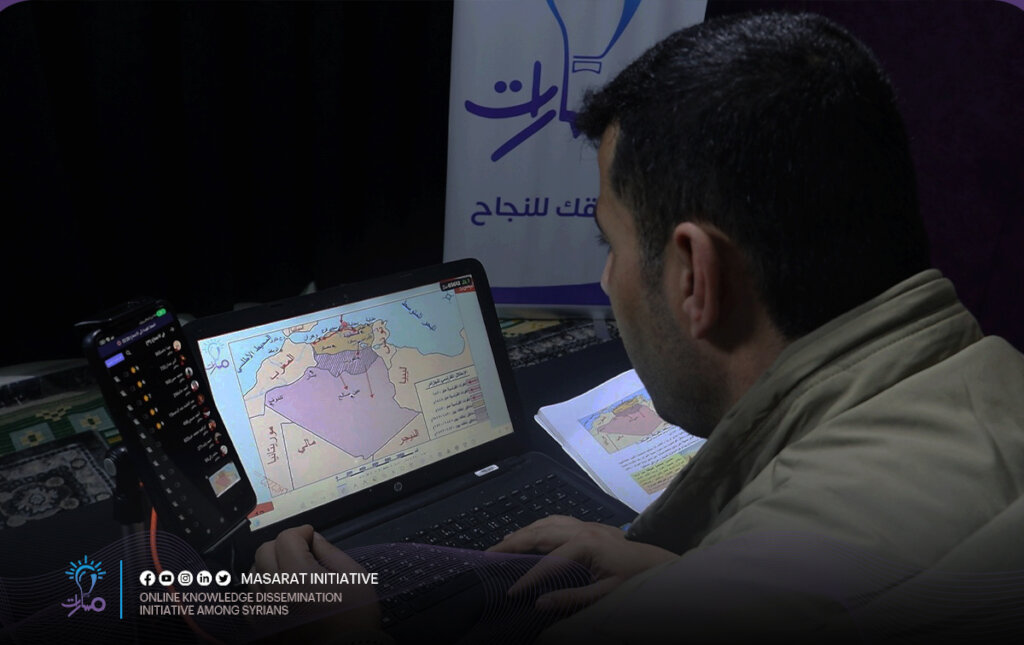Zakat Al-Mal is an essential Islamic practice that regulates financial relationships among individuals. It’s crucial because it represents the values of justice and solidarity in Islam.
In the context of businesses and trade, Zakat Al-Mal is of significant importance as it impacts the financial and economic aspects of companies and institutions. The rules and regulations differ from those that apply to individuals, involving distinct standards for calculating and distributing zakat.
Through this introduction, we’ll emphasize the role of Zakat Al-Mal in businesses and trade, its significance in achieving financial and economic balance, and how to correctly implement it according to Islamic principles and specific standards. We’ll focus on the social and economic benefits of proper zakat allocation in this context.
Nisab Zakat Al-Mal in Trade, Business, and Investment
Calculating Zakat Al-Mal for Businesses Dealing with Marketable Goods:
- Determine the value of goods purchased for sale at their current market price.
- Identify the cash available in the company or in bank accounts.
- Account for collectible debts from other traders.
- Finally, 2.5% of this total sum is to be allocated as Zakat Al-Mal.
Calculating Zakat Al-Mal for Companies Generating Income:
Companies involved in land reclamation or construction and renting properties should calculate their available funds and collectible debts at the end of the year. They should allocate 2.5% of the total amount as zakat.
Calculating Zakat for Companies Holding Fixed Assets Not for Sale
These companies look at the rental income generated from properties or car rentals. The zakat is only due on the income if it reaches the Nisab zakat alone or combined with other funds or commercial goods, provided that a full Islamic year has passed.
How to Calculate Zakat Al-Mal for Businesses and Traders
To calculate Zakat Al-Mal for businesses and traders, a trader must first identify when the zakat year begins and ends for their business. They then calculate all zakat-eligible funds, which are subject to the conditions of zakat. Zakat Al-Mal is due on these funds after deducting the necessary expenses. Finally, the trader determines whether the remaining amount reaches the Nisab zakat, which is based on the value of 85 grams of pure gold. The trader must allocate 2.5% of these funds as zakat.
Detailed Steps for Calculating Zakat Al-Mal for Companies:
-
- Set an Annual Date The trader establishes an annual date to calculate the zakat cycle.
- Collect All Zakat-Eligible FundsThe trader compiles all goods based on their market value. They also add in collectible debts and any cash in the bank or in hand. All of these funds are considered zakat-eligible.
- Determine Liabilities The trader identifies immediate liabilities that need to be paid, such as supplier payments and other necessary expenses.
- Deduct Mandatory Expenses These mandatory expenses are subtracted from the total zakat-eligible funds.
- Determine Nisab Zakat Nisab zakat is calculated based on 85 grams of pure gold.
- If the amount of money a person owns reaches the calculated Nisab zakat, they must allocate zakat at a rate of one-quarter of a tenth (2.5%).
Who is Eligible to Receive Business and Trade Zakat Al-Mal?
Zakat Al-Mal for trade should be directed towards the eight zakat categories as mentioned in the Quran:
- The Poor: Those without sufficient financial means to meet their basic needs.
- The Needy: Those who have some resources but not enough to fulfill their basic needs.
- Zakat Workers: Those involved in collecting and distributing zakat.
- Reconciled Hearts: Individuals whose conversion to Islam or whose loyalty to the Muslim community is hoped for.
- Freeing Captives: Enslaved people or those working to pay their own ransom.
- Debtors: Individuals burdened by debt and unable to repay it.
- In the Path of Allah: Those striving in the way of God. Some scholars interpret this as any good cause that seeks God’s pleasure.
- Wayfarer: Travelers who have run out of funds while on their journey, even if they are wealthy back home.
Masarat for Sustainable Education and Vocational Training in Syria
Thousands of students in northern Syria have had their education disrupted due to war, poverty, and displacement. The destruction of school infrastructure has led many to abandon their studies and work to support their families, risking the rise of a generation without education.
Masarat Initiative provides free education to marginalized students through online platforms like Microsoft Teams. It delivers school education, student activities, and academic advising to help them build a future without relying on others or engaging in child labor.
Your donations will help continue online learning for these students, ensuring free and comprehensive education at their homes and tents.










